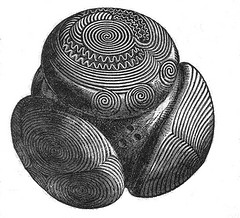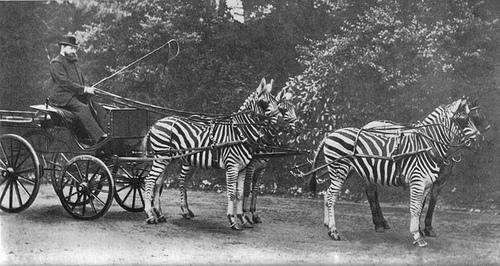A lady walking over Lansdown, near Bath, was overtaken by a large dog, which had left two men who were travelling the same road with a horse and cart, and followed by the animal for some distance, the creature endeavouring to make her sensible of something by looking in her face, and then pointing with his nose behind. Failing in his object, he next placed himself so completely in front of the object of his solicitude, as to prevent her from proceeding any farther, still looking steadfastly in her face. The lady became rather alarmed; but judging from the manner of the dog, who did not appear vicious, that there was something about her which engaged his attention, she examined her dress, and found that her lace shawl was gone. The dog, perceiving that he was at length understood, immediately turned back; the lady followed him, and he conducted her to the spot where her shawl lay, some distance back in the road. On her taking it up, and replacing it on her person, the interesting quadruped instantly ran off at full speed after his master, apparently much delighted.
— The Scrap Book, Or, A Selection of Interesting and Authentic Anecdotes, 1825



